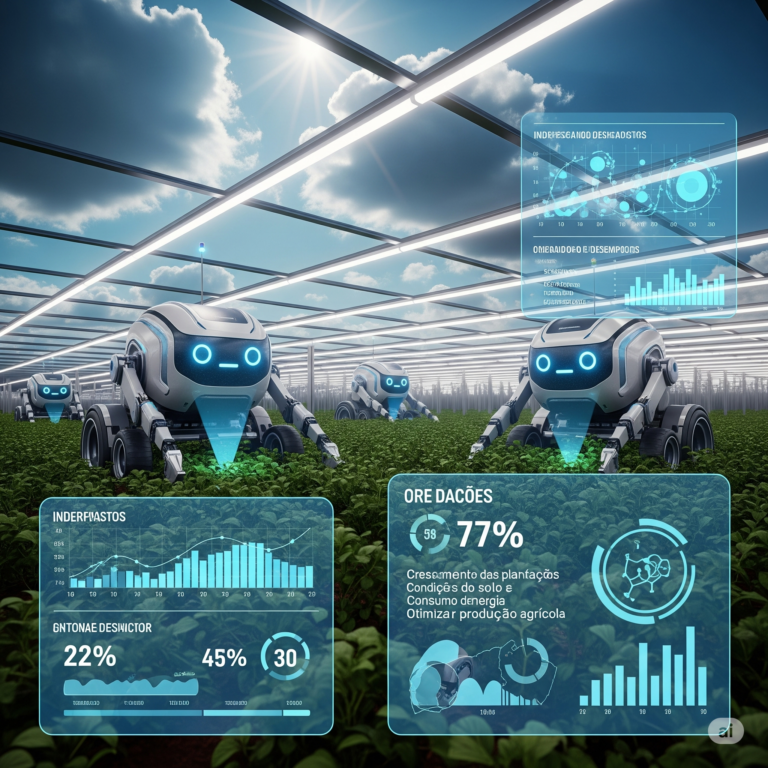AI in farming: five trends that will change the field in 2025
Artificial intelligence (AI) is no longer just a futuristic dream. In fact, it’s changing various industries all over the world, including agriculture. By 2025, AI is going to totally change the way we grow food. This article looks at five big trends driving this change.
-
Precision Farming Powered by AI:
AI lets farmers manage their crops with unmatched precision. Sensors collect data on soil conditions and plant health. AI algorithms analyze this data. After receiving risk predictions, farmers subsequently get advice on how to water their crops, apply fertilizer, and manage pests. As a result, they can take timely and appropriate action. Consequently, this guidance helps them make more informed, efficient, and sustainable decisions in their daily operations. This helps to boost yields and cut down on waste.
-
Autonomous Farm Equipment:
Tractors, harvesters, and drones are becoming more autonomous thanks to AI. These machines can operate without constant human supervision. They can do things like planting, spraying, and harvesting better and more accurately. This reduces labor costs and improves productivity.
-
AI-Driven Crop and Livestock Monitoring:
AI-powered cameras and sensors keep an eye on crops and livestock 24/7. They can spot early signs of problems like diseases, pests, or nutritional deficiencies in plants. For livestock, AI can track health indicators and behavior patterns. This helps us step in quickly and prevent big losses.
-
Predictive Analytics for Better Decision-Making:
AI algorithms can look at historical weather data, market trends, and crop yields. This gives farmers important insights to help them make better decisions. They can predict the best times to plant and harvest. They can even predict things like droughts or pest outbreaks. So farmers can protect their crops and reduce losses by taking preventive measures. This helps reduce losses and increase profits.
-
Smart Supply Chains and Food Traceability:
AI is making agricultural supply chains more efficient and transparent. Moreover, it can improve logistics, predict demand, and reduce food spoilage during transportation. Additionally, Artificial Intelligence enhances food traceability, allowing consumers to know exactly where their food came from and how it reached them. This helps build trust and make sure the food is safe.
Conclusion:
Artificial Intelligence is going to cause a big change in the agriculture industry by 2025. These five trends show how AI can make farming more efficient, sustainable, and productive. As tech keeps advancing, its impact on agriculture is only going to get bigger.


